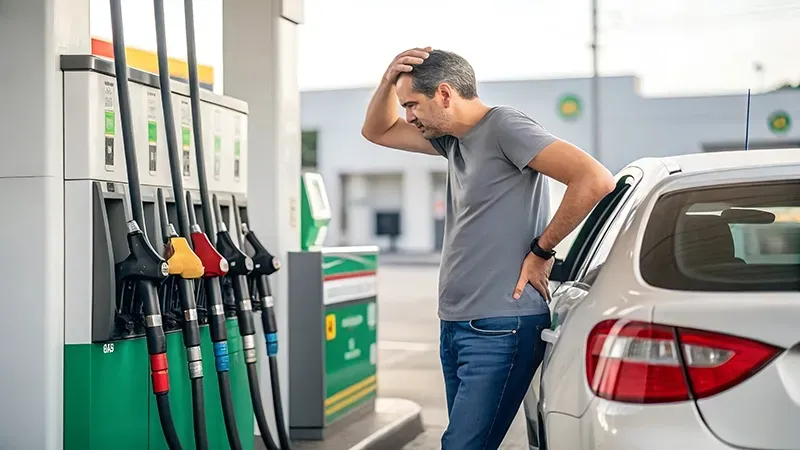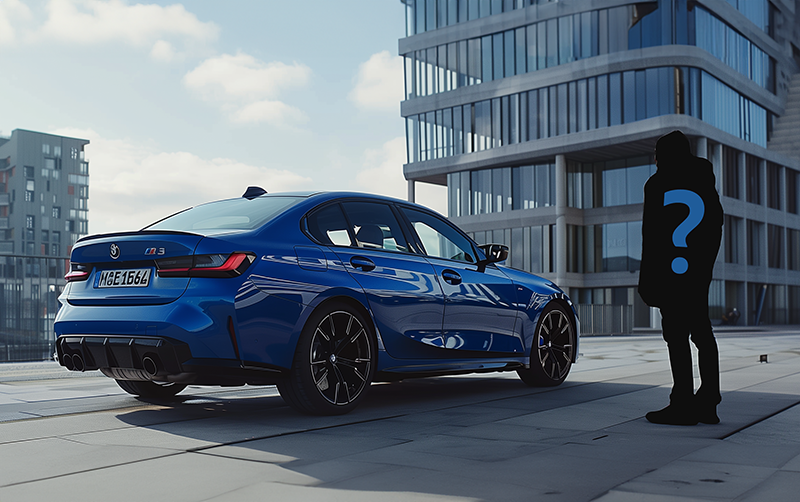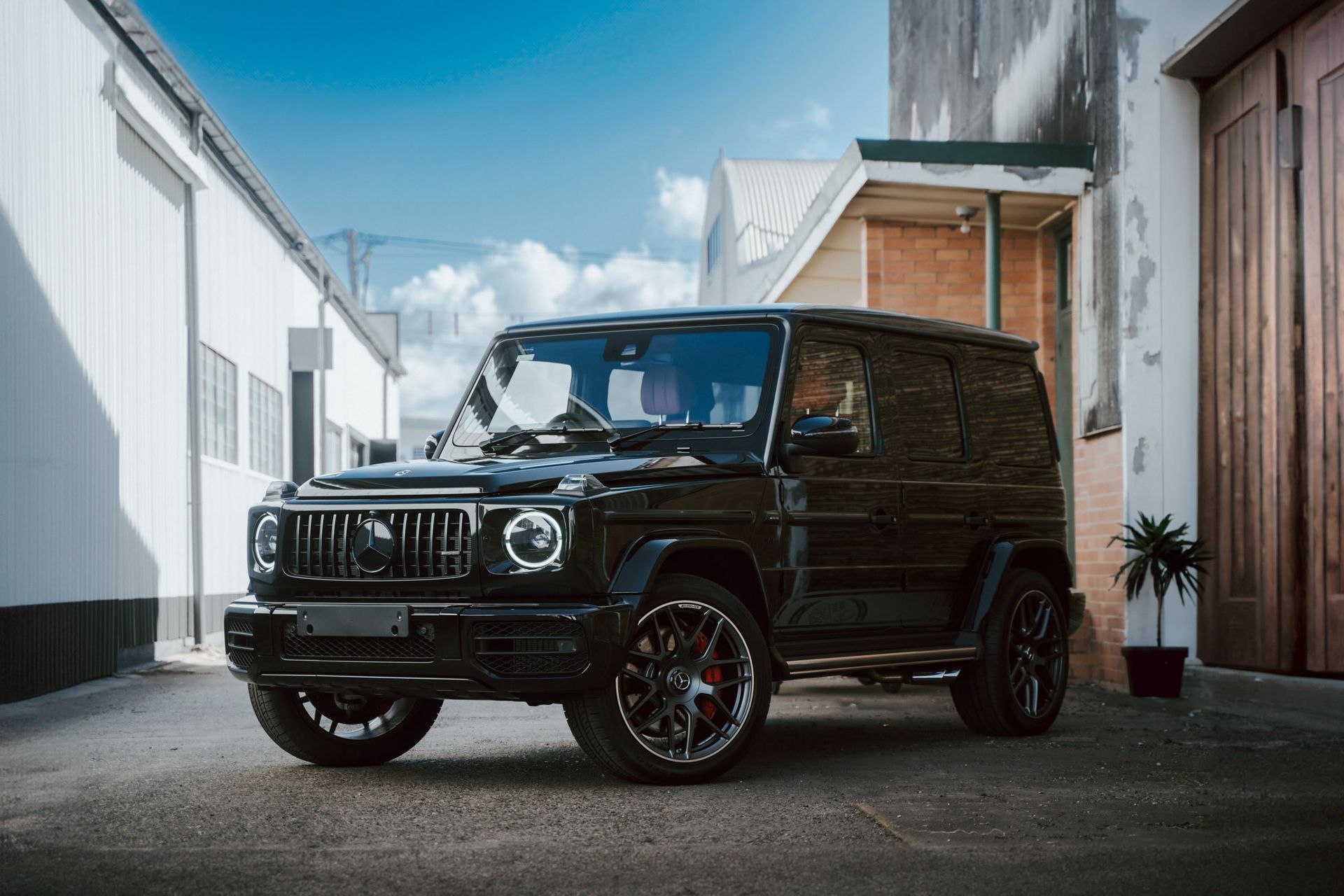
91, 95, 98, E10, E85: Which Petrol Should You Use?
Petrol Confusion? Here’s the No-Nonsense Guide to Choosing the Right Fuel
You’re at the servo, staring at the pump. 91, 95, 98, E10, E85—what do these even mean? Is 98 really worth the extra cash? Is E10 just diluted fuel? And does your car actually care?
If you’ve ever wondered which petrol is best (without all the marketing fluff), here’s the straight-up answer.
What Do the Numbers Mean?
The numbers—91, 95, 98—refer to octane rating (RON), which measures how resistant the fuel is to engine knocking. Knocking happens when fuel ignites too early in the engine, which can cause damage and performance issues.
Higher octane fuel burns more efficiently in high-performance engines but does nothing special for a regular car.
Now, let’s break down each type.
91 RON (Regular Unleaded) – The Everyday Fuel
91 is the standard, no-fuss petrol that works in most Aussie cars. If your car says “91 minimum”, this is all you need.
✔️ Cheapest option
✔️ Works fine in most cars
✔️ Widely available everywhere
❌ Lower octane, so it’s more prone to knocking (but only in performance engines)
❌ No extra cleaning additives like 98 RON
🚀
Who should use it?
Anyone driving a car designed for 91. You won’t get better performance or mileage by using 95 or 98—just a
higher fuel bill.
95 RON (Premium Unleaded) – The Middle Ground
95 is the step up from regular unleaded, designed for engines that need a bit more knock resistance. It’s common in European cars, turbocharged engines, and some premium models.
✔️ Higher octane = smoother performance in certain cars
✔️ Can slightly improve fuel efficiency
✔️ Some extra cleaning agents compared to 91
❌ More expensive than 91
❌ Won’t make a difference in a car that doesn’t need it
🚀
Who should use it?
Only use 95 if your car’s manual says so. If your car takes 91, don’t bother—you’re just burning extra cash.
98 RON (Premium Unleaded) – The Expensive Stuff
98 is the highest octane fuel available at most servos. It’s marketed as a performance booster, but unless your car is designed for it, it won’t do much.
✔️ Essential for high-performance cars
✔️ More resistant to knocking (needed for turbo and high-compression engines)
✔️ Contains extra detergents to help clean your engine
❌ Most expensive petrol
❌ Won’t give better power or mileage unless your engine is tuned for it
🚀
Who should use it?
If your car requires 98 RON, you have no choice—using 91 or 95 could cause damage. But if your car takes 91 or 95, upgrading to 98 won’t give you more power—just a lighter
wallet.
E10 (Ethanol-Blended Petrol) – The Budget Option
E10 is 91 RON petrol mixed with up to 10% ethanol. It’s a little better for the environment and usually a few cents cheaper per litre.
✔️ Cheaper than straight 91
✔️ Lower emissions compared to pure petrol
✔️ Available at most servos
❌ Not suitable for all cars, yet most late model cars (check your manual)
❌ Burns slightly faster, so your fuel economy may drop
🚀
Who should use it?
If your car is
E10-compatible, it’s a cheaper alternative to 91. If it’s not, don’t risk it—E10 can damage older fuel systems.
E85 (85% Ethanol, 15% Petrol) – The Race Fuel
E85 is high-ethanol petrol used in race cars and flex-fuel vehicles. It has a very high octane rating (100+ RON) but burns faster than regular fuel.
✔️ High-performance fuel (more power if your engine is tuned for it)
✔️ Cheaper per litre than 98 RON
✔️ Burns cooler, reducing engine temps
❌ Not available everywhere
❌ Terrible fuel economy (you’ll use more fuel)
❌ Only works in cars tuned for E85
🚀
Who should use it?
Unless you own a race car or a flex-fuel vehicle, E85 is useless to you.
Does Premium Fuel Clean Your Engine?
Some people think running 98 RON “cleans” your engine—this is half true.
Premium fuels (95 & 98) contain more detergents, which help prevent carbon build-up. But if your car only needs 91, filling up with 98 occasionally won’t make a huge difference.
If you want to clean your fuel system, you’re better off using a dedicated fuel system cleaner rather than paying extra for premium fuel.
Which Petrol Should You Use?
✅ Stick to what your car manual says. If it says 91 is fine, don’t waste money on 95 or 98.
✅ Only use 95 or 98 if required. If your car needs it, using a lower octane fuel can cause knocking and long-term damage.
✅ E10 is fine if your car can handle it. It’s a cheaper option, but check if your car is E10-compatible first.
✅ E85 is for race cars. If you don’t know whether your car takes E85, it doesn’t.
| 💡 | Pro Tip: Check the inside of your fuel cap for your cars recommended fuel type |
Final Thoughts
Most cars in Australia run perfectly fine on 91—so if yours does, don’t overthink it. 95 and 98 aren’t magic fuels that make your car faster or more fuel-efficient unless your engine actually requires them.
Next time you’re at the servo, you’ll know exactly what to pick, skip, and ignore—without falling for the marketing hype.












